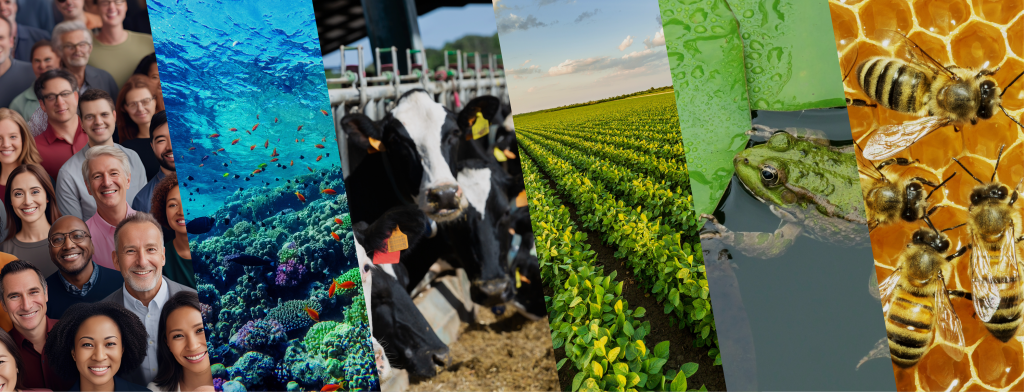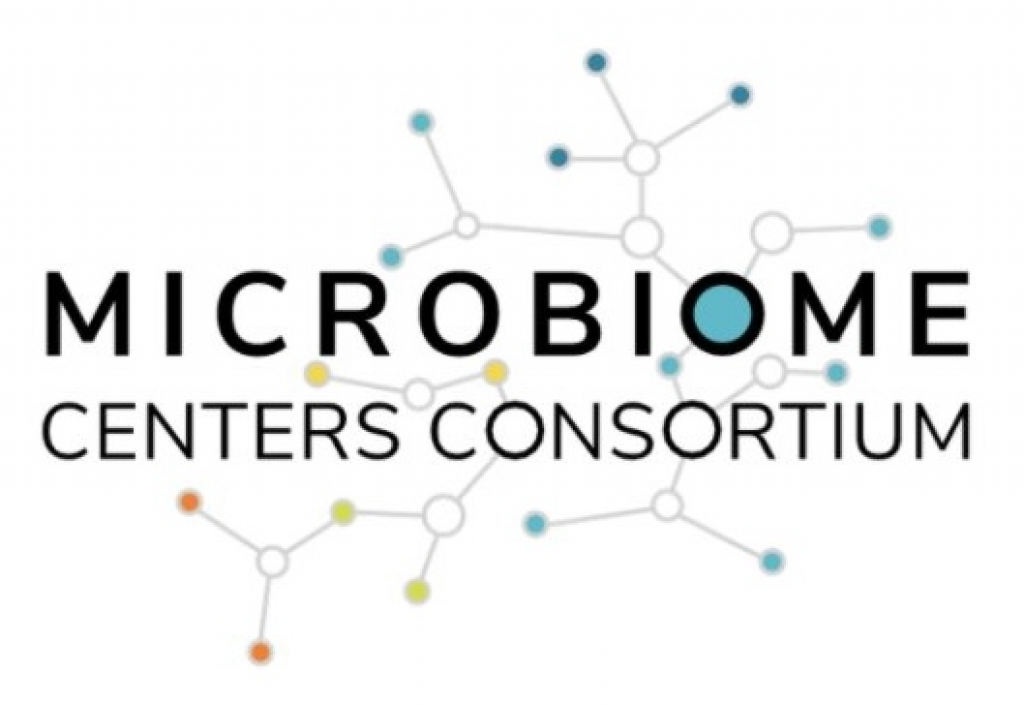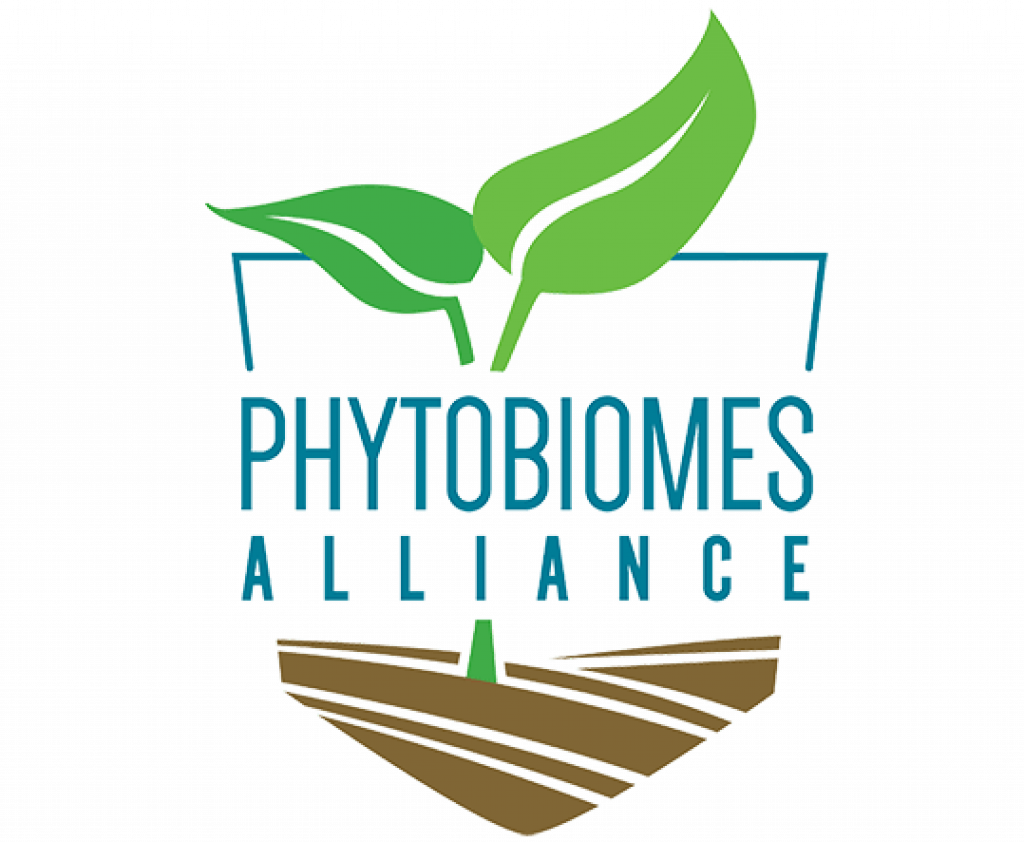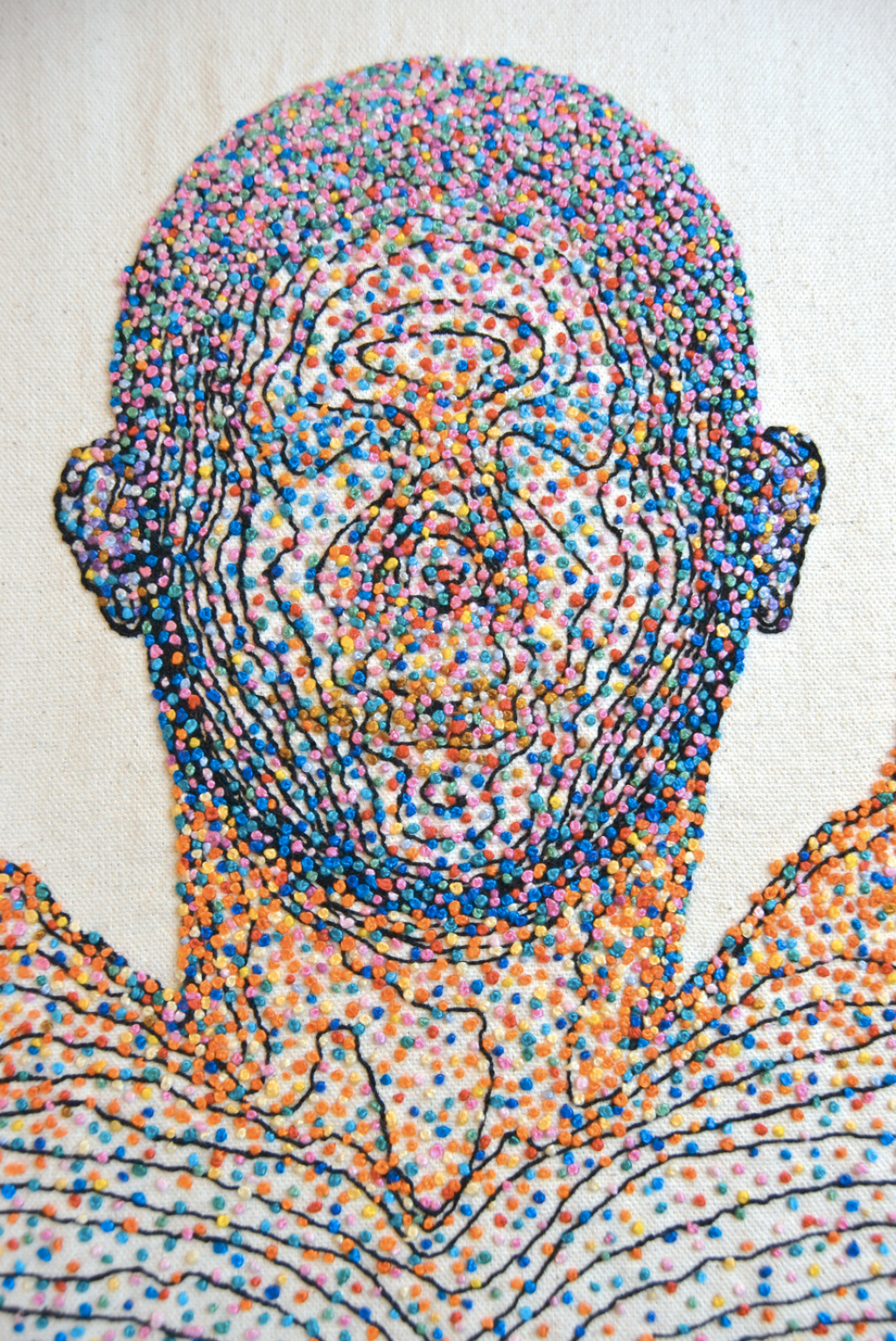
The One Health Microbiome Center is at the forefront of fostering collaboration and innovation in microbiome sciences, both nationally and internationally. This page highlights the diverse organizations and collaboration networks we are proud to be part of, showcasing our commitment to extending the reach and impact of microbiome research.
Our Networks

We participate in the Microbiome Centers Consortium (MCC), a network of 44 microbiome centers across the United State that provides valuable resources, standards, and guidance in the field of microbiome sciences. The MCC mission is to accelerate the understanding of all microbiomes and advocate from microbiome research and education.
International Phytobiomes Alliance

The International Phytobiomes Alliance is an industry-academic collaborative with a mission to optimize the agricultural production of food, feed, and fiber via insights into the phytobiome. The One Health Microbiome Center is a participate on the Coordinating Committee of the International Phytobiomes Alliance and is represented by Dr. Verónica Román-Reyna.
Holobiont Biology Network

Together with the Center for Evolutionary Hologenomics, the One Health Microbiome Center co-founded The Holobiont Biology Network.
Holobionts and hologenomes are units of biological organization: Complex multicellular eukaryotes are not and have never been autonomous organisms, but rather are biological units organized from numerous microbiota and their genomes (Bordenstein and Theis, 2015, PLOS Biology).